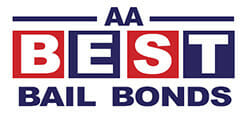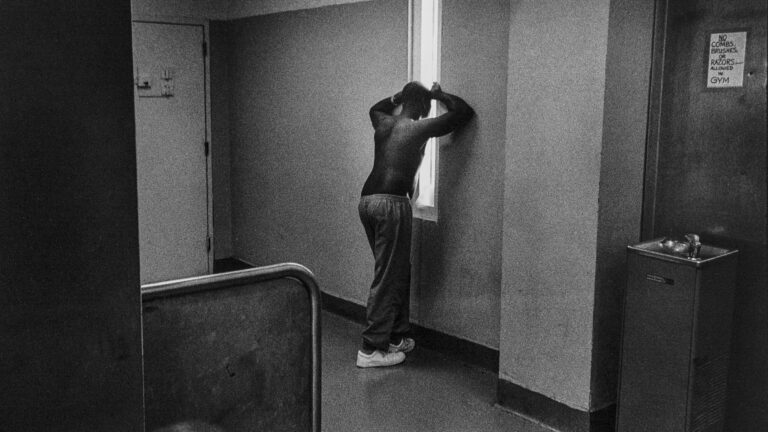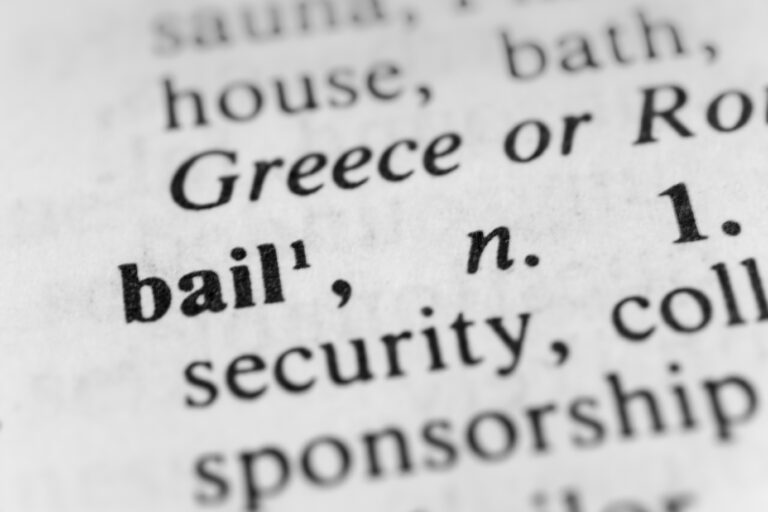Common Bail Bonds Terminology

Read on to learn about some of the most commonly used terms in the bail bonds industry and what they mean.
Bail
People often think the terms bail and bond mean the same thing. However, bail is the amount of money a defendant must pay the court in order to be released from jail until their next court hearing.
Bond
Contrary to bail, a bond is a written contract entered into by a defendant, a bail bonds company, and an optional co-signer that guarantees that a defendant will show up to all court hearings. A bond is also often called a “surety bond” or “bail agreement.”
Bond Premium
A bond premium is the amount of money paid to a bail bond company by a defendant and optional bond co-signer to get the defendant released from jail. This is typically 10 percent of the total bail.
Bail Conditions
This term describes a strict set of rules that a court orders a defendant to follow when they are released on bail. These conditions help ensure a defendant will show up to court. They are commonly set for defendants they consider at high risk for leaving the area before their court date (flight risks).
Withdrawal of Bail
Withdrawal of bail can occur when you break bail conditions, a defendant commits a new crime while out on bail, or a defendant breaks the bond conditions. When bail is withdrawn, a defendant must return to jail.
Bond Indemnitor
This is another term for a bail bond co-signer. A bond indemnitor is legally responsible for paying the defendant’s full bail amount to a bail bonds company if the defendant does not show up to court when required. However, a bail bonds company will typically take steps to locate a defendant and allow them to turn themselves into the court system before charging a bond indemnitor for the full bail amount.
Collateral
Most bail bonds companies will allow defendants or bond indemnitors to secure their bonds with collateral instead of cash. Collateral is typically in the form of property, such as a home, a car, or another expensive asset. Most bail bonds companies typically require collateral worth 150 percent of the bond cash amount.
When posting collateral instead of cash for a bail bond, the collateral posted will become the property of the bail bonds company f the defendant does not show up to court. However, like with cash bonds, a bail bondsman will typically first attempt to locate a defendant, often with the help of a fugitive recovery agent, or bounty hunter, and turn them into the court system before taking possession of an indemnitor’s property.
Some bail bonds companies also require collateral to be posted on top of their usual bond premiums when offering bonds to defendants who are considered “high risk” for not showing up to court.
Bail Bond Surrender
If you act as the indemnitor of a bail bond, you may be able to surrender the bond in order to relieve yourself from any further financial obligation to the bail bonds company. However, the defendant must have shown up to all court hearings prior to the bail bond surrender.
You must meet with the bail bondsman to discuss your reason for surrendering, or canceling, the bond and notify the bondsman of the defendant’s location. The defendant then must return to jail until you arrange a new bond agreement.
Contact AA Best Bail Bonds if you have any more questions about the bail bonds process or if you would like to bail a loved one out of jail.







